Movie magic… it’s what keeps us seated in front of luminous screens, large and small, for countless hours on end. When you’re behind the scenes of a large scale production like SpikeTV’s Tut, you can’t help but marvel at the Herculean group effort expended to transform whimsy and enchantment into visual reality.
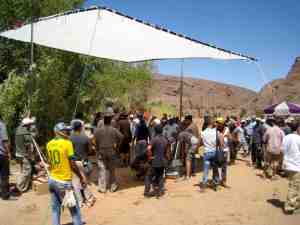 When you’re in the thick of it, though, it can feel like the magic you’re trying to conjure might just as easily end in disaster. There’s never enough time, and resources are always limited, but the train has left the station, and it’s picking up steam. The hundreds of artists and craftspeople and specialists on board have no other option but to steer this behemoth onward.
When you’re in the thick of it, though, it can feel like the magic you’re trying to conjure might just as easily end in disaster. There’s never enough time, and resources are always limited, but the train has left the station, and it’s picking up steam. The hundreds of artists and craftspeople and specialists on board have no other option but to steer this behemoth onward.
Recreating ancient Egypt in three months, as opposed to three thousand years, is a daunting challenge. The Egyptians were prolific builders, and the scale of their creativity remains unrivaled. But watching our craftsmen and women at work, making larger than life monuments from pencils drawings, for example, is an impressive, albeit smaller scale feat. It all begins with a sketch,
which is then manifested into a mini-model– with interchangeable heads.
After which, individual sections are cast into molds in an overpopulated, air-conditionless, hard labor workshop.
The pieces are then re-assembled into larger figures,
carefully painted in multiple colors
or simply in black. A proper base is added, and the great mythological creatures finally find their place on set.
It’s a similar process for the temple walls, which go from plain white plaster–
to saturated, if not sacred, temple columns.
These three deities, fresh from the workshop, wait hopefully behind a (non-velvet) rope for entry into the pharaoh’s palace.
Our FX department originates all kinds of narley creations. Here a Mitanni soldier is literally bifurcated by an Egyptian Khopesh sword. The dummy corpse weighs over 2o kilos and feels as real as it looks. Someone pass the ketchup.
The Props department stages every scene with multiple layers. Everything is made from scratch in the studios in Ouzazarte. It may look old and weathered but it was brand new a few days ago, and then painstakingly aged by hand. From the village vendor stalls
to kiln blown clay cups
to real papyrus military maps
and the ancient instruments appearing in our beer hall scenes. The Egyptian culture boasts many innovations and inventions, but beer may be the greatest of all.
Hair, Make-up, and Wardrobe departments adorn every extra with the care of a featured actor. Their deep design philosophy insists on an attention to detail no matter how far one is from the camera.
The ladies above sport various wig styles, sketched here–
and brought to life soon after.
Their inventory alone takes up one wall of the studio.
A caravan of equipment trucks transports it all, along with lights, c-stands, reflectors and cables, over the mountains and through woods– I mean, desert.
It all gets set up on location in an effort to make the magic happen. The most gripping sequences in any film or Tv show puts the viewer right into the middle of the action. A moving camera will insight all kinds of emotions, like the tension derived from an intentionally shaky handheld shot.
Or the moment-of-awareness felt from a fast push-in on dolly tracks.

For adrenaline filled intensity, we call in the Scorpion, a state-of-the-art, ten cylinder, budget-stretching camera car responsible for the more heart-racing sequences in Tut. It crisscrosses in front of our horse-pulled chariots, sails above our angry crowd scenes, and fearlessly extends into the hairiest of battle choreography.
His big brother pick-up truck is no slouch either.
The spectacular stunts these camera cars capture are laboriously rehearsed long beforehand, often to the point of exhaustion. Safety and accuracy are priorities, but so is realism. If it looks too rehearsed, or too safe, it ends up on the cutting room floor. The build up to the actual stunt, sans sound and visual effects, can be somewhat anti-climactic.
Or flat out chaos.
The dramatic rule of thumb is to save the best for last, which in this case, is an explosion. Explosions are a special pleasure for the inner pyro in all of us. They’re expensive and difficult to pull-off effectively as there are a limited number of chances to capture the effect with everything timed properly. Pressure builds exponentially during the preparation, preparation, preparation… and then–
It’s the perfect metaphor for all of the efforts these behind-the-scenes magicians put in each day. We’re in the proverbial Moroccan soup over here, unsure of what the final result will be, but the fuse has been lit and we’re expecting the bang to be a big one.



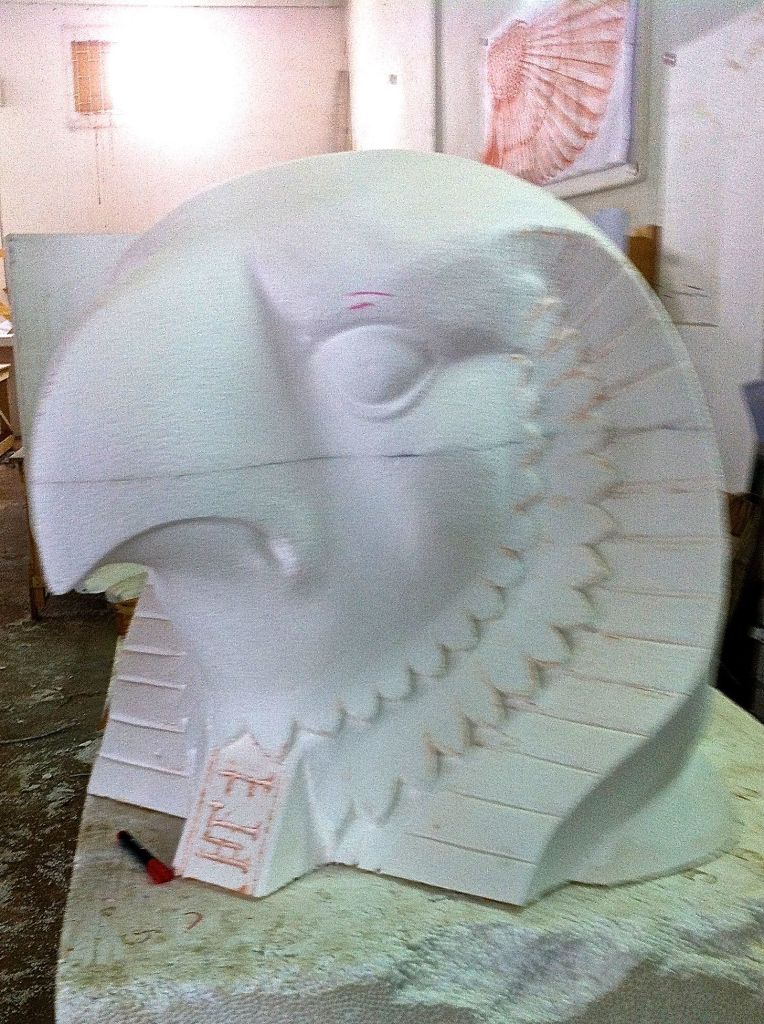
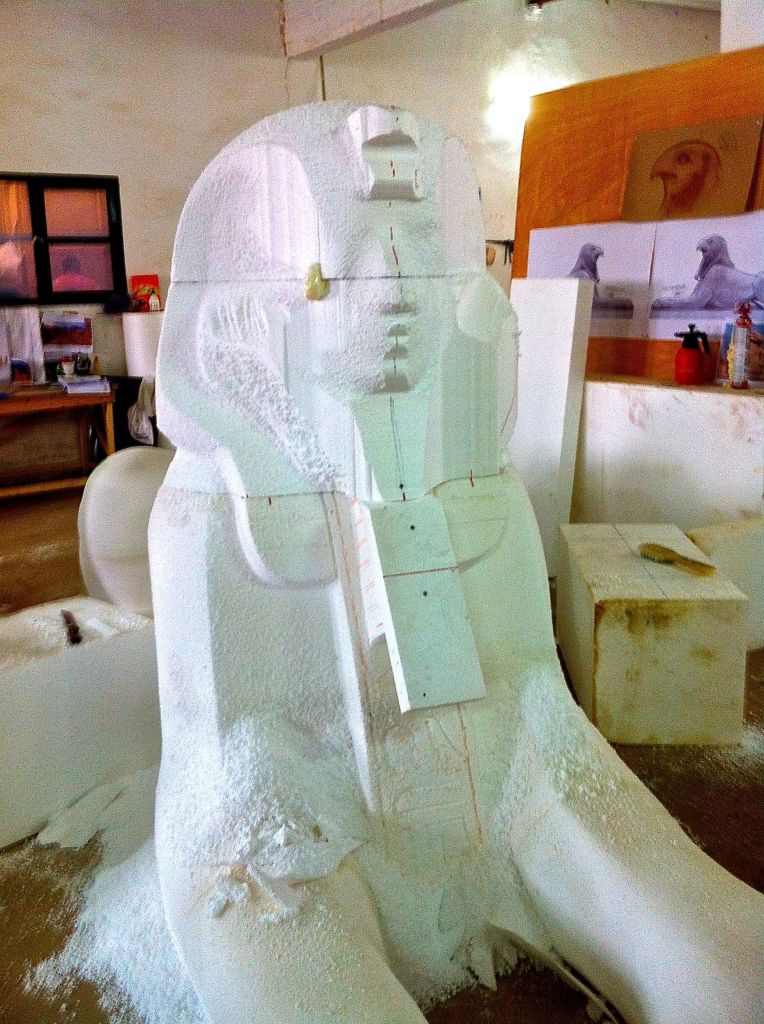



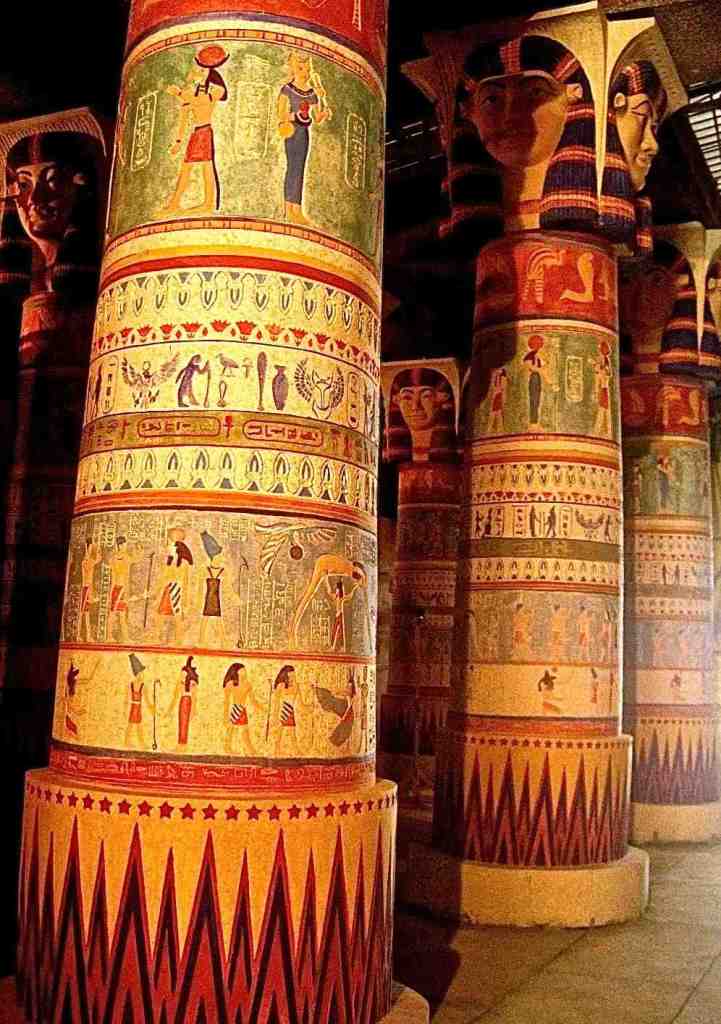
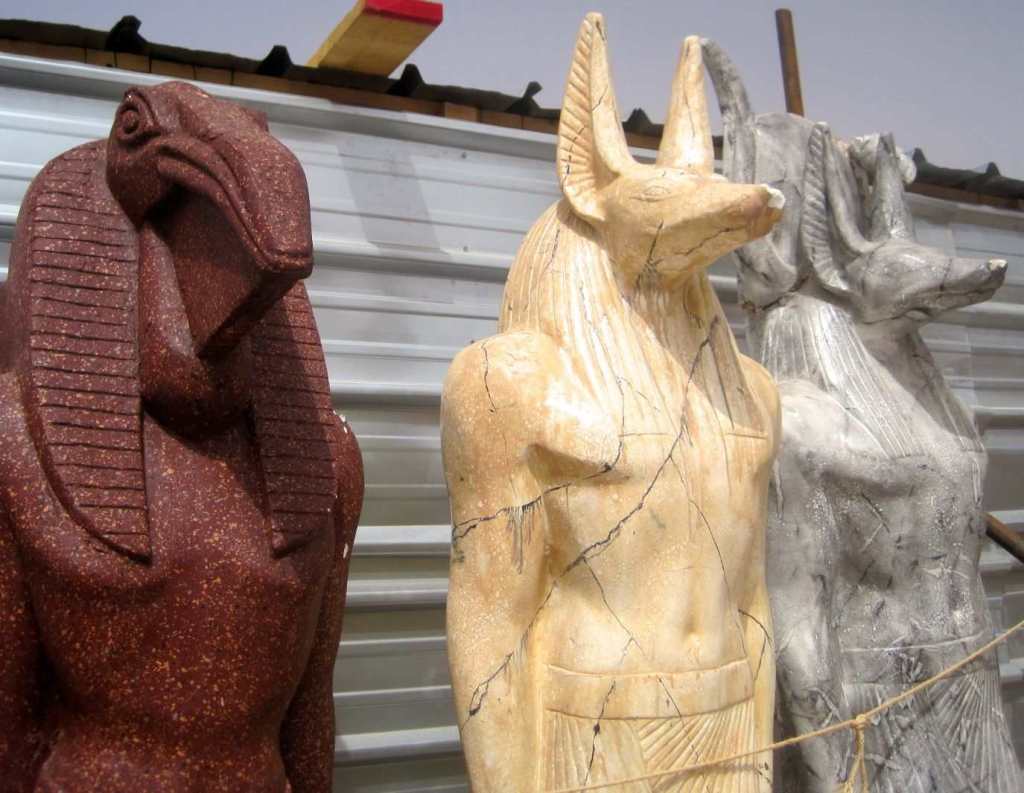

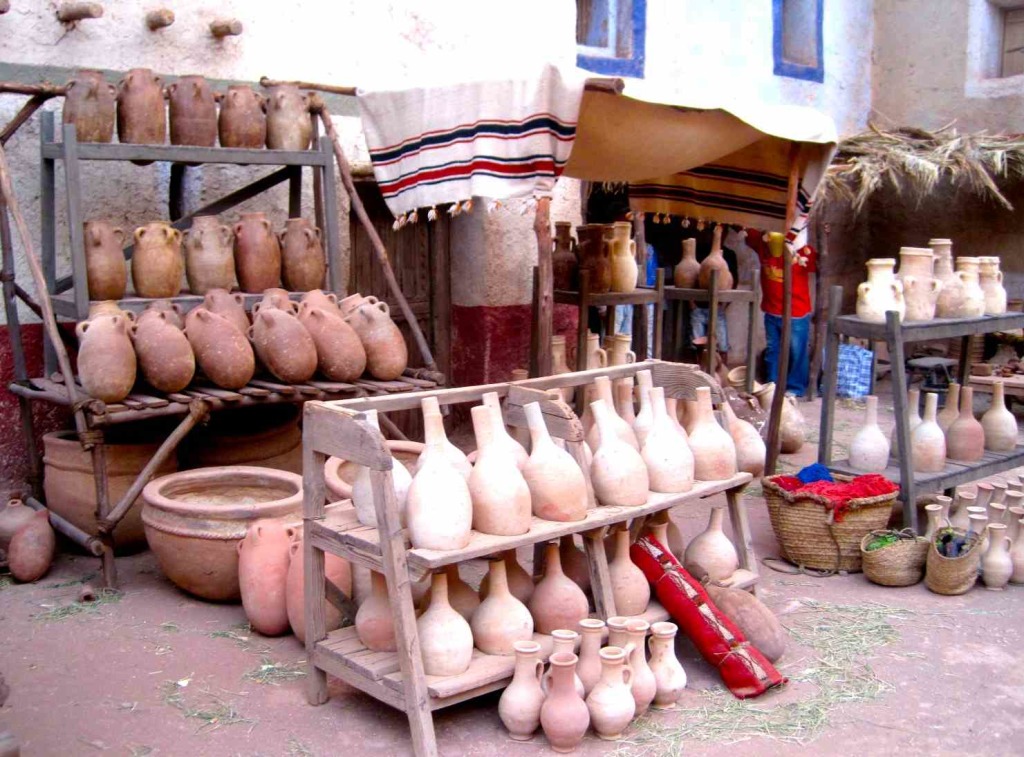




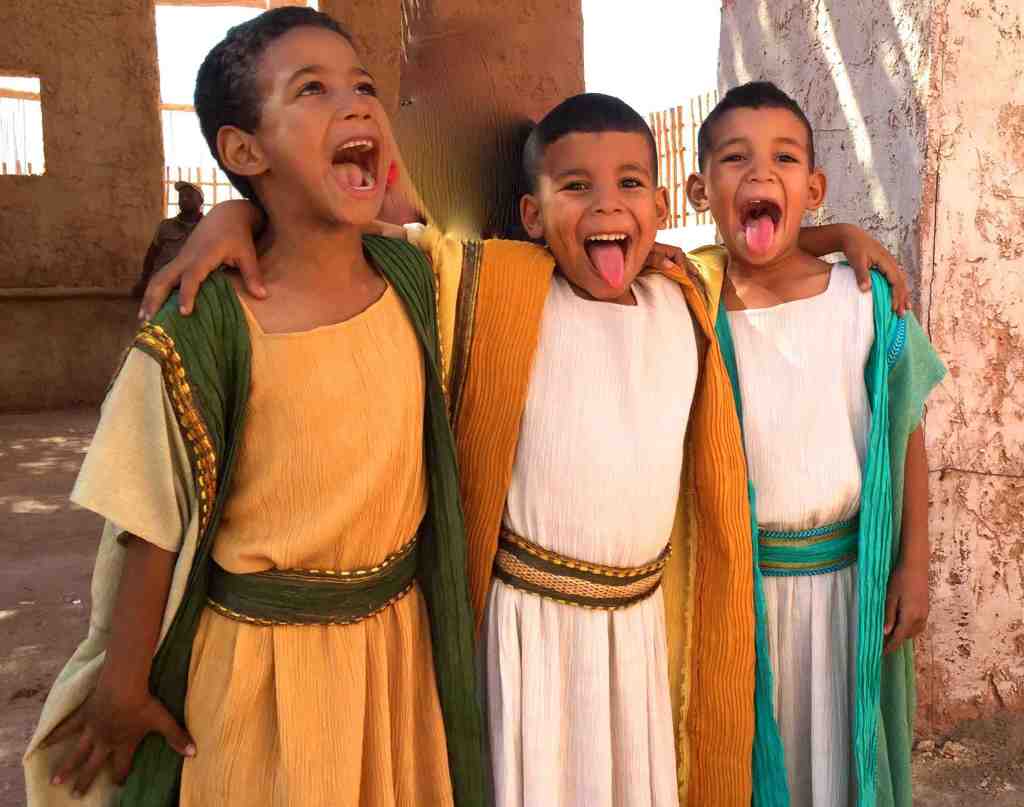

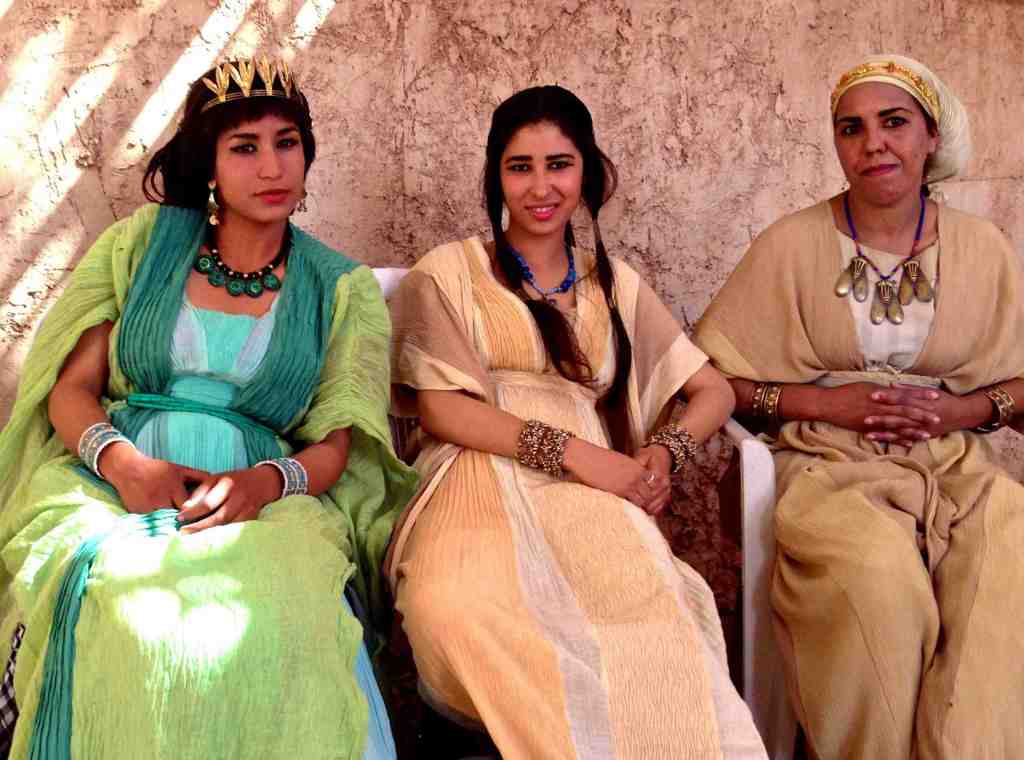
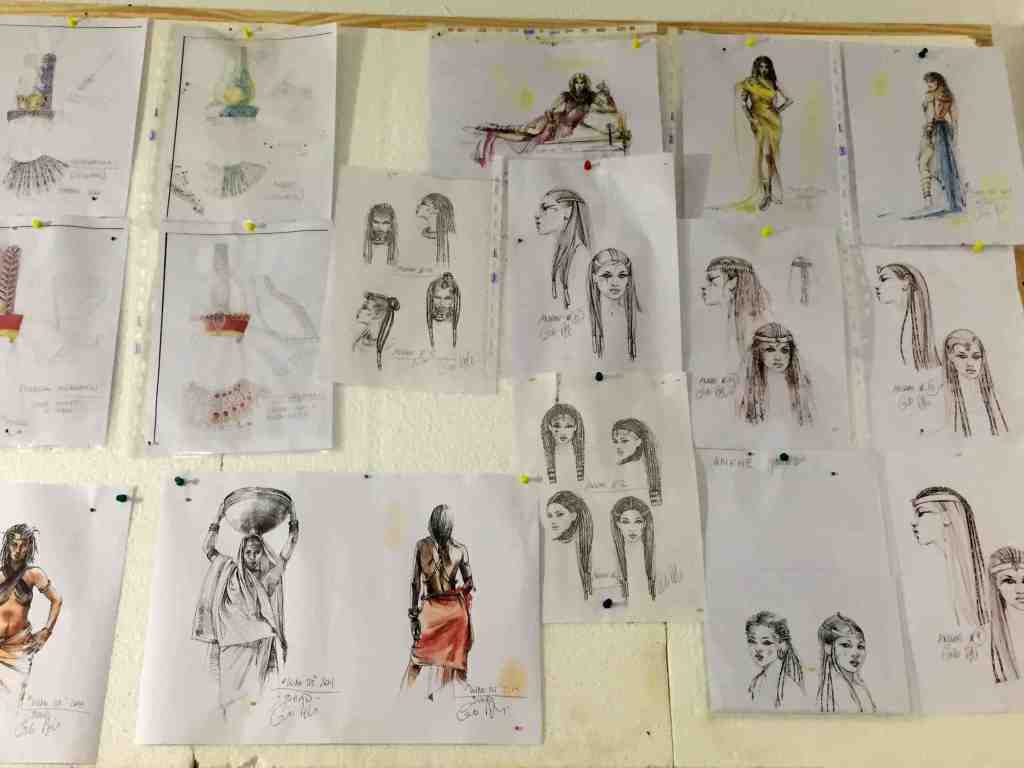

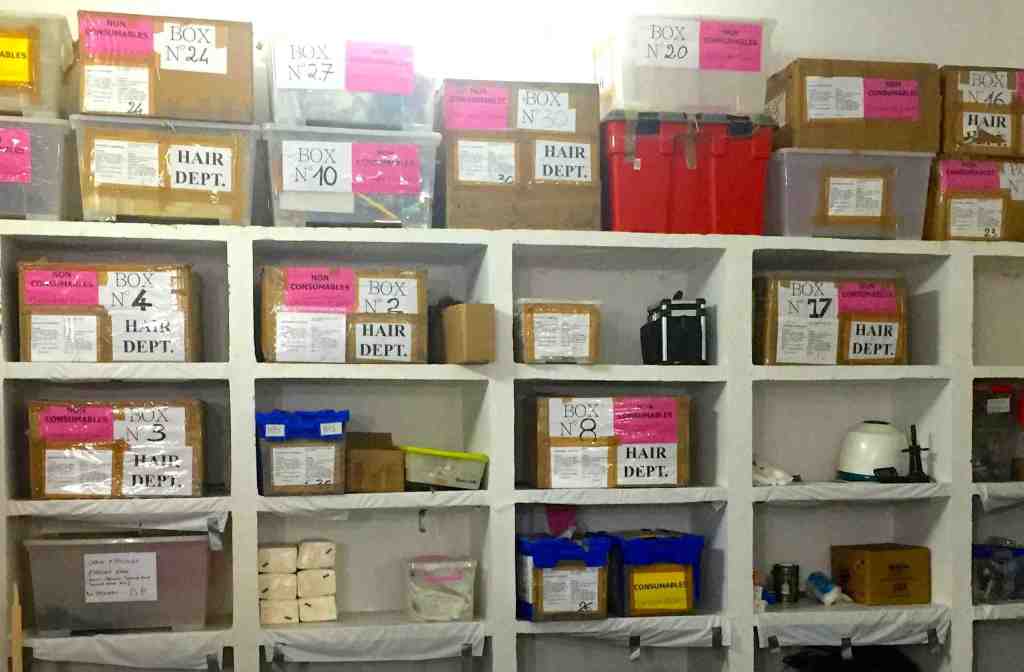


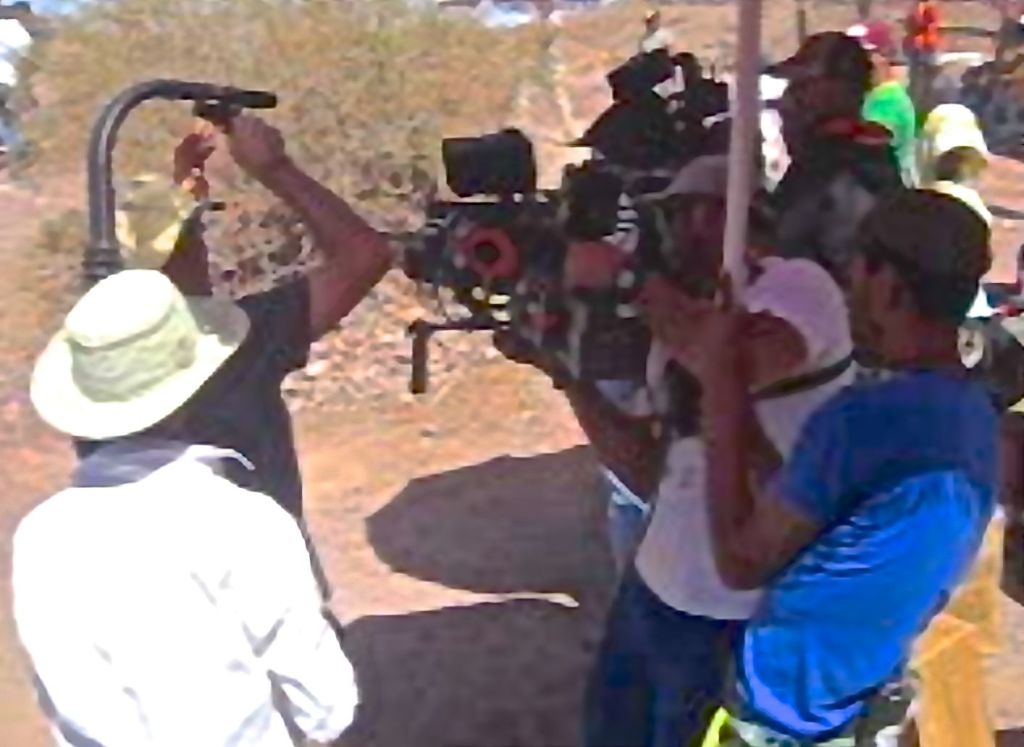
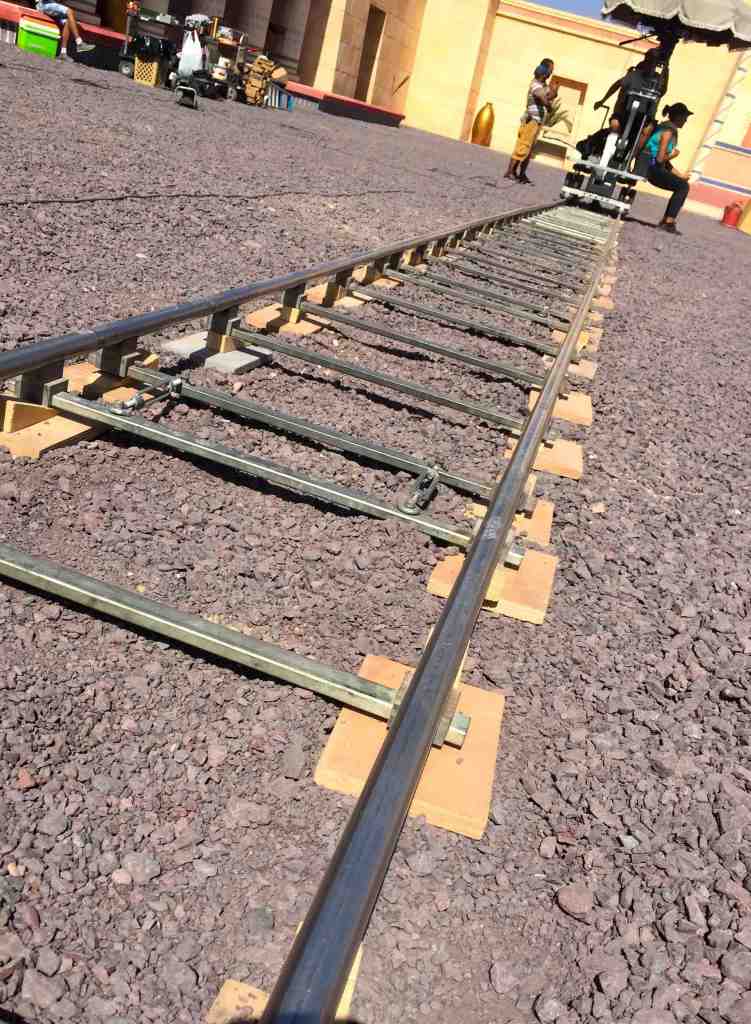

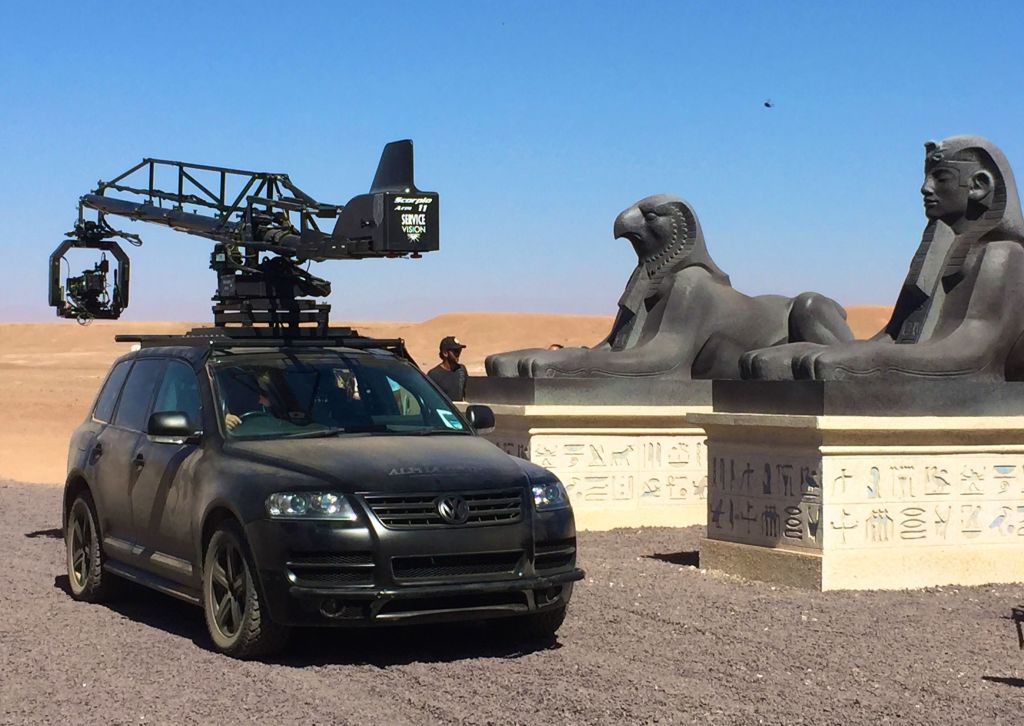
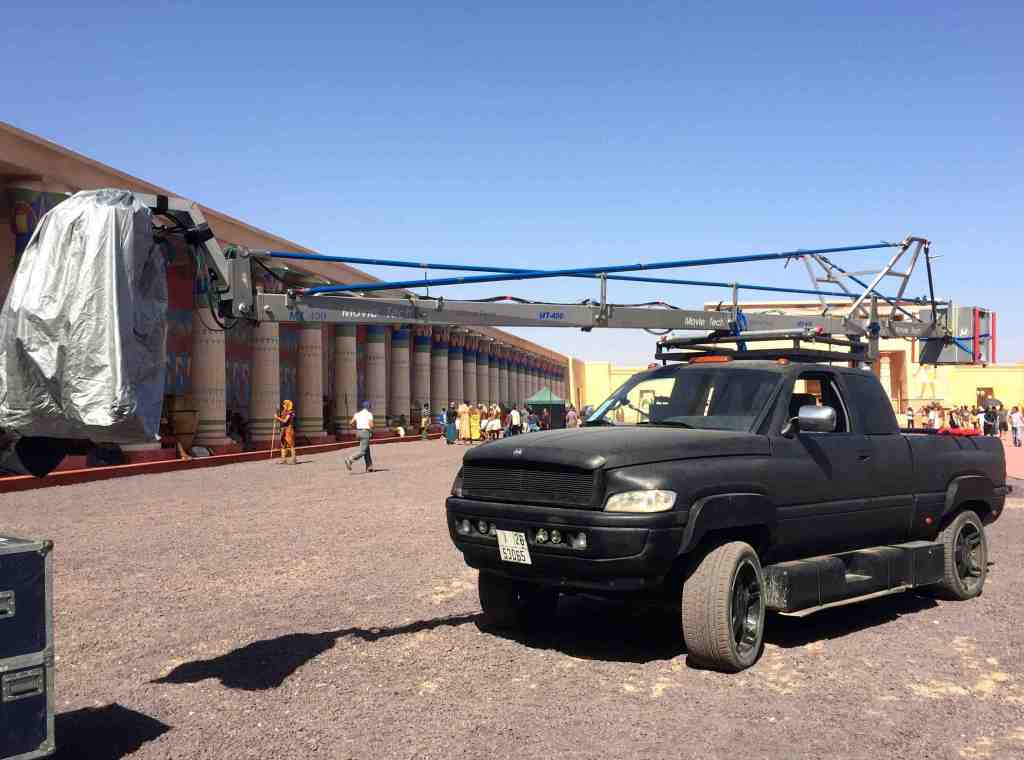

Permalink
Holy crap Al,
This is way better than those behind he scenes filler shows. Keep em coming!
Permalink
Love these posts!
Permalink
Amazing pictures. I hope you bring home at least one artifact.
Permalink
Whenever I see these missives, a part of my brain says: don’t get injured. You seem a safe distance from the explosion — looks amazing, but — wear a cup and a helmet.
Permalink
You Greeks make for very credible-looking Egyptians. Since you already look the part, I figure you’ll have no trouble acting it. I’ve actually seen you do that quite well. I’m waiting for you to steal a scene from Sir Ben Kingsley.